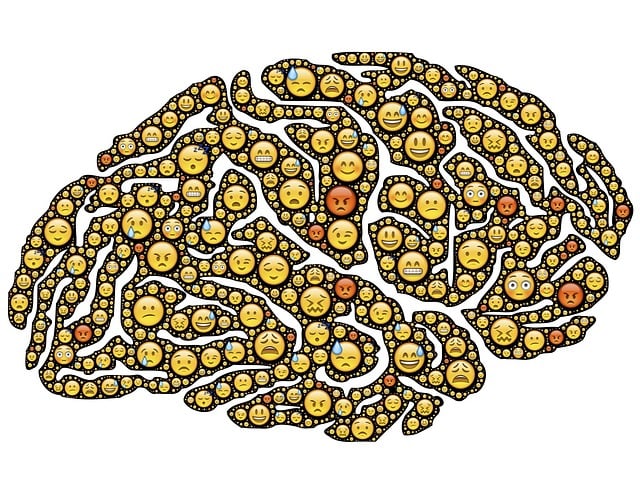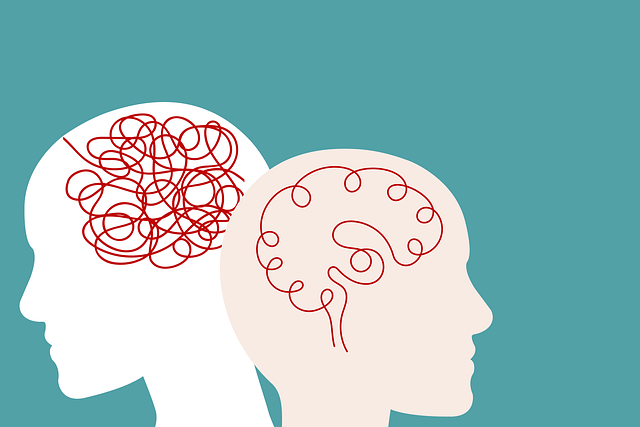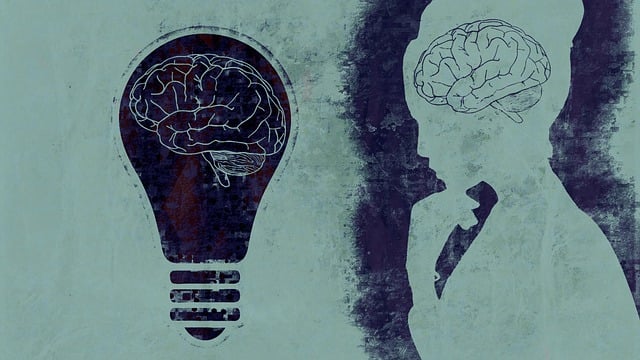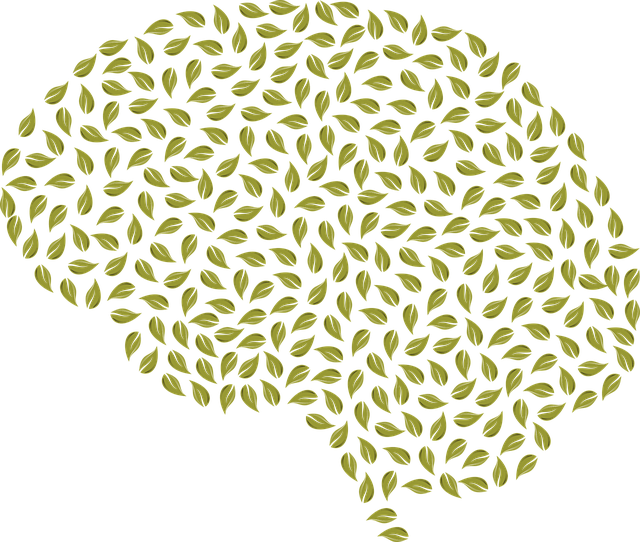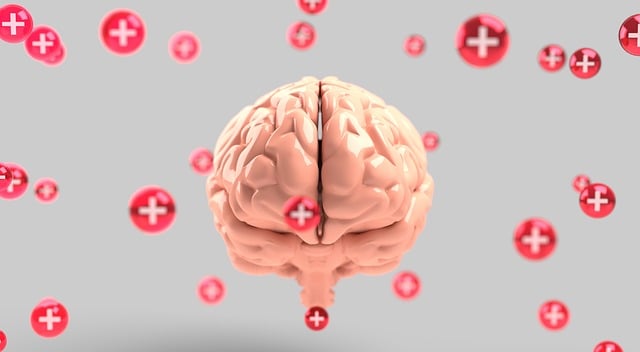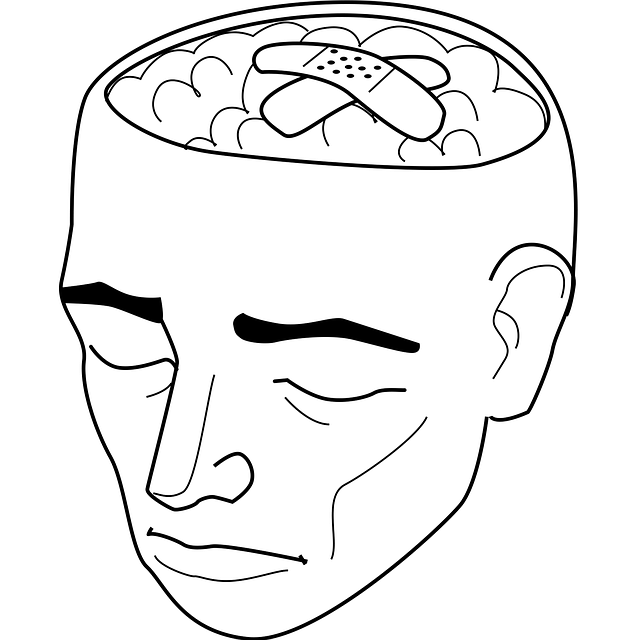Wheat Ridge Dialectical Behavioral Therapy (DBT) is an evidence-based approach to mental wellness, focusing on emotional regulation, distress tolerance, interpersonal skills, and mindfulness. Initially designed for borderline personality disorder, DBT has proven successful in treating various conditions and promoting overall well-being. By integrating practical strategies into daily life, individuals can manage stress, anxiety, and navigate emotional challenges while fostering healthier relationships and building resilience. DBT in Wheat Ridge highlights the importance of open communication, active listening, and empathy, key components for a thriving mental wellness landscape.
In today’s fast-paced world, prioritizing mental wellness is more crucial than ever. Wheat Ridge residents can benefit from understanding and promoting their mental health through various strategies. This article explores essential aspects of mental wellness, focusing on self-care, resilience, and evidence-based approaches like Dialectical Behavioral Therapy (DBT). We delve into practical techniques to integrate DBT into daily life, foster healthy relationships, and develop robust coping mechanisms for stress management, all tailored to the unique needs of Wheat Ridge communities.
- Understanding Mental Wellness: The Importance of Self-Care and Resilience
- Dialectical Behavioral Therapy (DBT): A Transformative Approach for Emotional Regulation
- Integrating DBT Techniques into Daily Life: Practical Strategies for Wheat Ridge Residents
- Building Healthy Relationships: Nurturing Social Connections for Mental Wellbeing
- Overcoming Challenges: Resilient Coping Mechanisms for Stress Management
Understanding Mental Wellness: The Importance of Self-Care and Resilience

Mental wellness is a holistic state that encompasses our emotional, psychological, and social well-being. It’s about recognizing and valuing our unique strengths and resources, which are crucial for navigating life’s challenges. Understanding mental wellness involves embracing self-care as a proactive practice, not merely a reactive response to stress. This includes cultivating emotional intelligence—the ability to recognize and manage our own emotions while empathizing with others—which serves as a powerful tool for building resilience, the mental muscle that helps us adapt and bounce back from adversity.
Wheat Ridge Dialectical Behavioral Therapy (DBT) provides evidence-based strategies for promoting mental wellness by addressing emotional regulation, distress tolerance, interpersonal effectiveness, and mindfulness. By integrating these skills into daily life, individuals can cultivate a deeper sense of self-awareness, enhance their ability to manage intense emotions, strengthen relationships, and ultimately foster a more balanced and fulfilling life—embracing the mind over matter principles that underpin true mental wellness.
Dialectical Behavioral Therapy (DBT): A Transformative Approach for Emotional Regulation

Dialectical Behavioral Therapy (DBT) is a highly effective approach to mental wellness promotion, particularly tailored to individuals struggling with emotional regulation and distress tolerance. Originating from both cognitive-behavioral therapy and mindfulness practices, DBT combines strategies for crisis intervention guidance and burnout prevention, making it especially valuable for healthcare providers and others at high risk of emotional exhaustion.
This therapeutic framework empowers clients to develop skills in mindfulness, distress tolerance, emotional regulation, and interpersonal effectiveness. Through individual therapy sessions and group skills training, participants learn to navigate intense emotions, manage impulsive behaviors, and improve self-esteem while fostering healthier relationships. The integrated nature of DBT’s techniques has proven successful in treating a range of conditions, including borderline personality disorder, substance abuse, depression, and anxiety disorders, making it a sought-after therapy option in Wheat Ridge and beyond.
Integrating DBT Techniques into Daily Life: Practical Strategies for Wheat Ridge Residents

In Wheat Ridge, integrating Dialectical Behavioral Therapy (DBT) techniques into daily life offers a powerful approach to promoting mental wellness. This evidence-based therapy, initially developed for individuals with borderline personality disorder, has proven effective in various settings, including community outreach programs. Residents can harness DBT’s practical strategies to navigate emotional challenges and improve overall well-being. One key aspect is mindfulness, which encourages living in the present moment, a skill that helps manage stress and anxiety.
Additionally, DBT promotes emotion regulation through skills training, enabling individuals to understand and respond adaptively to their emotions. This, coupled with effective communication techniques, fosters healthier relationships and enhances social connectivity—crucial elements for mental wellness. The Community Outreach Program Implementation in Wheat Ridge has embraced these strategies, providing resources like Mental Wellness Journaling Exercise Guidance and Stress Reduction Methods to support residents’ mental health journeys.
Building Healthy Relationships: Nurturing Social Connections for Mental Wellbeing

Building healthy relationships is a cornerstone of mental wellness promotion, as social connections significantly influence our emotional well-being. Wheat Ridge Dialectical Behavioral Therapy (DBT) emphasizes the importance of nurturing and maintaining meaningful relationships. This involves open communication, active listening, and empathy, which are skills taught through DBT therapy sessions. By fostering strong bonds with family, friends, and supportive communities, individuals can develop a sense of belonging and purpose, serving as a buffer against stress and adversity.
In today’s fast-paced world, it’s easy to become isolated, but cultivating compassion and empathy within relationships is a game-changer. Healthcare providers play a vital role in promoting mental wellness by ensuring they have the necessary training, such as Cultural Competency Training, which enables them to create inclusive environments. Additionally, integrating Compassion Cultivation Practices into therapy sessions can help clients build resilience and strengthen their support systems, ultimately enhancing overall mental health outcomes.
Overcoming Challenges: Resilient Coping Mechanisms for Stress Management

Overcoming challenges is a vital aspect of mental wellness promotion, and building resilient coping mechanisms can significantly aid in stress management. Wheat Ridge Dialectical Behavioral Therapy (DBT) offers effective therapy for individuals navigating difficult life situations. This approach teaches clients to accept and validate their emotions while also learning skills to regulate them constructively. By embracing DBT’s principles, individuals can develop a healthier relationship with stress, fostering emotional well-being.
One of the key components of DBT is teaching practical stress reduction methods, which include mindfulness exercises and effective communication techniques. These tools empower individuals to navigate challenging situations with more ease. Moreover, attending Stress Management Workshops organized by like-minded organizations can provide additional support and a sense of community, encouraging the adoption of healthy coping strategies.
Mental wellness is a cornerstone of overall health, and integrating practices like Dialectical Behavioral Therapy (DBT) can significantly enhance the lives of Wheat Ridge residents. By understanding self-care, cultivating resilience, and adopting practical DBT techniques, individuals can navigate challenges with greater ease. Building healthy relationships and developing robust coping mechanisms are vital components of this journey. With dedicated effort, Wheat Ridge residents can embrace a transformative path towards improved mental wellness, fostering a more balanced and fulfilling life.

